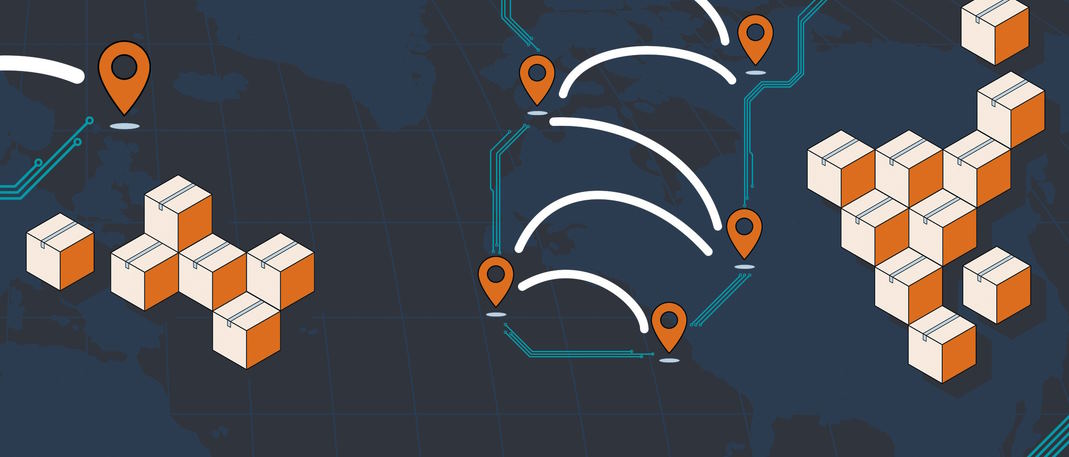Supply chain management plays a critical role in the success of any business, as it involves the planning, execution, and control of the flow of goods and services from the point of origin to the point of consumption. However, traditional supply chain management methods face numerous challenges, including lack of transparency, inefficiency, and security issues. The advent of blockchain technology has opened up new possibilities for supply chain management by providing a decentralized, secure, and transparent ledger that can track and verify transactions.
The Challenges of Traditional Supply Chain Management
Supply chain management challenges
Supply chain management can be a complex and challenging process that involves numerous stakeholders, including suppliers, manufacturers, distributors, and retailers. Some of the key challenges in supply chain management include:
- Lack of visibility: Traditional supply chain management methods often lack transparency and visibility, making it difficult to track products, monitor inventory levels, and manage suppliers effectively.
- Inefficiency: Traditional supply chain management can be inefficient, with manual processes, delays, and bottlenecks that can slow down the supply chain and increase costs.
- Communication breakdowns: Supply chain management requires effective communication and collaboration between different stakeholders. However, traditional methods can lead to communication breakdowns, delays, and misunderstandings.
Issues with traditional supply chain management
Traditional supply chain management methods can lead to a range of issues, including:
- Inaccurate inventory management: Inaccurate inventory tracking can lead to stockouts, overstocking, and lost sales, which can impact profitability.
- Limited visibility: Lack of visibility into the supply chain can make it difficult to identify and address issues such as delays, quality problems, and compliance issues.
- High costs: Traditional supply chain management methods can be costly, with manual processes, multiple intermediaries, and paper-based documentation.
Consequences of supply chain management problems
The consequences of supply chain management problems can be significant, including:
- Reduced profitability: Supply chain issues such as delays, stockouts, and overstocking can impact profitability by increasing costs and reducing sales.
- Reputational damage: Supply chain issues such as quality problems, compliance issues, and ethical concerns can damage a company’s reputation and brand image.
- Lost business opportunities: Supply chain issues can lead to lost business opportunities, as customers may turn to competitors who offer more reliable and efficient supply chain management.
Innovative Solutions for Supply Chain Management Using
Increased Transparency and Traceability
Blockchain technology enables increased transparency and traceability in supply chain management by creating a decentralized ledger that can track and verify transactions. This provides a clear record of all transactions, from the point of origin to the point of consumption, allowing all stakeholders to have real-time visibility into the supply chain. This transparency can help to prevent fraud, reduce errors, and improve accountability.
Improved Efficiency and Reduced Costs
Blockchain technology can help to improve the efficiency of supply chain management by automating processes and reducing the need for intermediaries. Smart contracts, which are self-executing contracts with the terms of the agreement between buyer and seller being directly written into lines of code, can automate tasks such as payments, invoicing, and inventory management, streamlining the supply chain and reducing costs.
Enhanced Security and Reduced Fraud
Blockchain technology provides enhanced security and reduces the risk of fraud in supply chain management. The decentralized nature of the blockchain means that data is stored across multiple nodes, making it difficult for any one party to tamper with or manipulate the data. Additionally, the use of digital signatures and cryptographic protocols provides further security and ensures that only authorized parties can access and modify the data.
Streamlined Compliance and Regulations
Blockchain technology can help to streamline compliance and regulations in supply chain management by providing a clear and auditable record of all transactions. This can help to ensure compliance with regulations such as environmental standards, labor laws, and quality standards. Additionally, the use of blockchain technology can help to reduce the time and cost associated with compliance and regulatory reporting.



